President Donald Trump’s imposition of sweeping tariffs has sent shockwaves through the American economy, prompting a wave of price increases across various sectors. The tariffs, which include a 10% baseline levy on most imports and a 30% tariff on most Chinese goods, have led to significant cost increases for businesses. These additional costs are now being passed on to consumers, affecting everything from groceries and clothing to toys and automobiles. As companies struggle to absorb the financial strain, many have announced price hikes, highlighting the far-reaching impact of these trade measures.
Retailers and Manufacturers Respond
Walmart, one of the largest retailers in the US, announced on April 15 that it would increase prices due to the tariffs being “too high.” CEO Douglas McMillon stated during an earnings call that while the company would try to keep prices as low as possible, the magnitude of the tariffs made it impossible to absorb all the additional costs. CFO John David Rainey indicated that price changes would likely take effect by the end of May, with more significant increases expected in June.
Other major retailers and manufacturers have followed suit. Toy manufacturing giant Mattel announced on May 6 that it would raise prices in response to tariffs. CEO Ynon Kreiz indicated that while 40% to 50% of its products would remain priced at $20 or less, he advocated for zero tariffs on toys and games worldwide. Trump countered by threatening a 100% tariff on Mattel’s toys, highlighting the contentious nature of these trade measures.
Electronics retailer Best Buy warned during a March earnings call that vendors would pass along some level of tariff costs to retailers, making price increases for American consumers highly likely. Nintendo delayed the pre-order date for its Switch 2 video game console due to tariff concerns, though it later stated that while the console’s price would remain at $450, accessories would experience price adjustments. Similarly, Sony’s CFO Lin Tao hinted at potential price increases for PlayStation products.
The Impact on E-commerce and Fashion Retailers
Chinese e-commerce platforms Shein and Temu, which were previously exempt from tariffs due to the “de minimis” exemption for shipments under $800, have also been affected. Trump’s executive order eliminating this exemption forced both companies to raise prices. Temu announced price adjustments starting April 25, 2025, citing increased operating expenses due to global trade rules and tariffs. Shein followed suit, with some products seeing significant price hikes. For example, a patio chair set listed on Temu increased from $61.72 to $70.17, while a bathing suit set on Shein jumped from $4.39 to $8.39, a 91% increase.
Automakers and Household Product Makers
The automotive industry has also felt the impact of tariffs. Imported cars now face a 25% tariff, and most auto parts are similarly affected. Ford’s CFO Sherry House indicated that the company expects to raise US car prices by up to 1.5% in the second half of 2025 due to tariffs. Subaru, a Japanese automaker, has also announced price increases to offset higher costs, though it did not specify the extent of these increases. A Subaru of America spokesperson emphasized that pricing changes were made to maintain value for customers, regardless of the products’ country of origin.
Household product makers like Procter & Gamble and Stanley Black & Decker have also been affected. Procter & Gamble, which owns brands such as Pampers, Tide, and Charmin, indicated during an April 24 earnings call that it would consider raising prices in some categories and markets. CEO Jon Moeller acknowledged that tariffs are inherently inflationary, suggesting that price increases for consumers are likely. Stanley Black & Decker, which owns power tool brands, raised prices by an average of high single-digits in April, with further increases expected later in the year.
The Uncertainty of Future Tariffs
The uncertainty surrounding future tariffs adds to the complexity of the situation. Adidas CEO Bjørn Gulden highlighted this uncertainty in an April 29 earnings release, noting that cost increases due to higher tariffs would eventually lead to price increases. He emphasized that the final tariffs were still uncertain due to ongoing negotiations between the US and exporting countries.
Navigating the Tariff Landscape
The imposition of tariffs by President Trump has had a profound impact on the American economy, leading to widespread price increases across various sectors. Retailers and manufacturers, unable to absorb the additional costs, have passed these increases on to consumers, affecting everyday items from groceries and clothing to toys and automobiles. As companies navigate this challenging landscape, the future remains uncertain, with ongoing negotiations and potential changes in tariff policies.
The experience of companies like Walmart, Mattel, Best Buy, and Ford underscores the need for businesses to adapt to changing trade conditions while maintaining value for consumers. The coming months will be crucial in determining how these tariffs continue to shape the economic landscape and consumer behavior. As companies and policymakers alike grapple with these challenges, the importance of flexibility and strategic planning cannot be overstated.

By Grace Cox/May 26, 2025

By Emma Thompson/May 26, 2025

By Christopher Harris/May 26, 2025

By Laura Wilson/May 26, 2025

By Thomas Roberts/May 26, 2025

By Laura Wilson/May 26, 2025
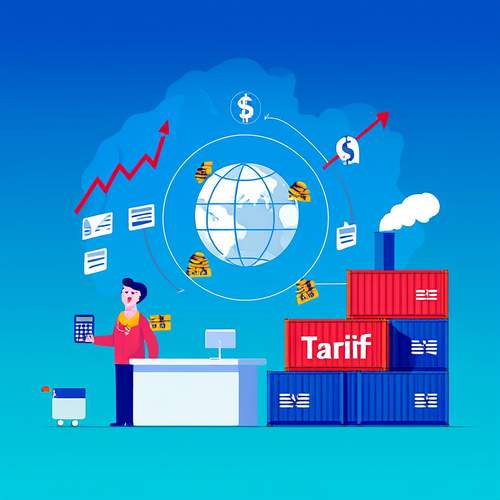
By Amanda Phillips/May 26, 2025

By Noah Bell/May 26, 2025

By Laura Wilson/May 26, 2025

By John Smith/May 26, 2025
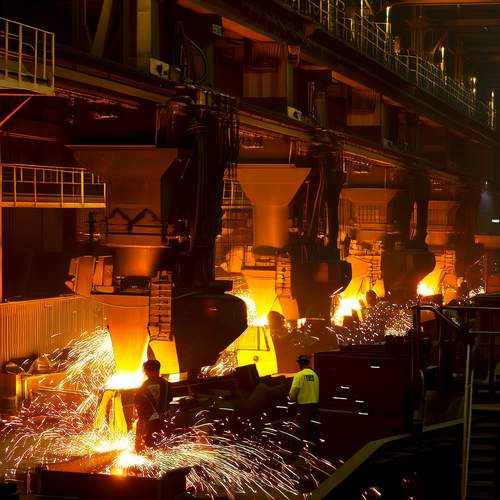
By Sarah Davis/May 26, 2025

By James Moore/May 26, 2025

By Amanda Phillips/May 26, 2025
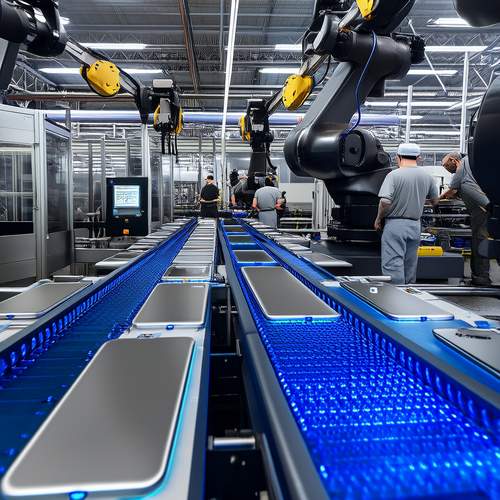
By Michael Brown/May 26, 2025

By Daniel Scott/May 26, 2025

By Thomas Roberts/May 26, 2025
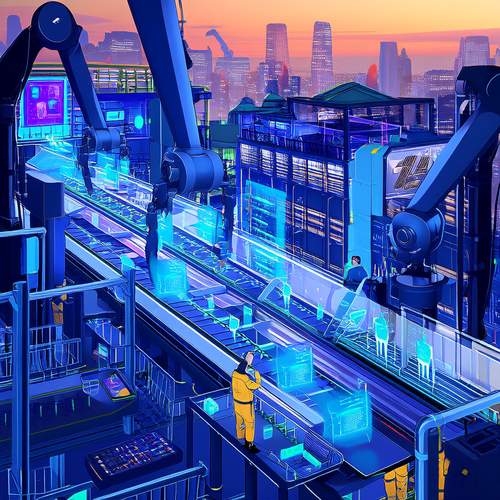
By Victoria Gonzalez/May 26, 2025

By Grace Cox/May 26, 2025
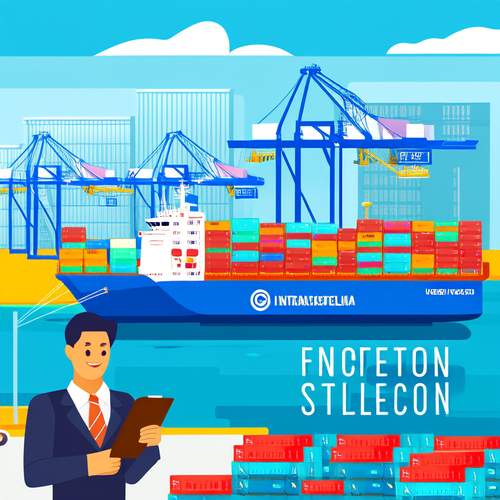
By Rebecca Stewart/May 26, 2025
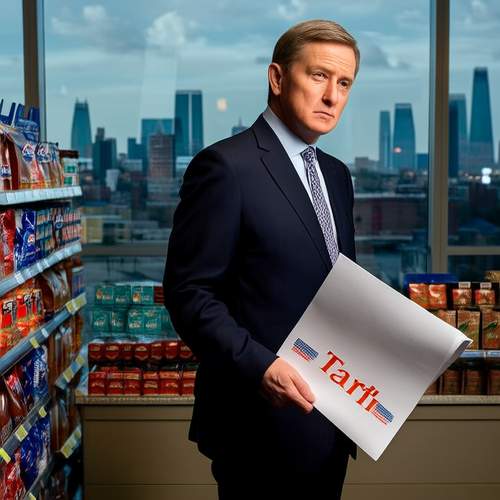
By Laura Wilson/May 26, 2025